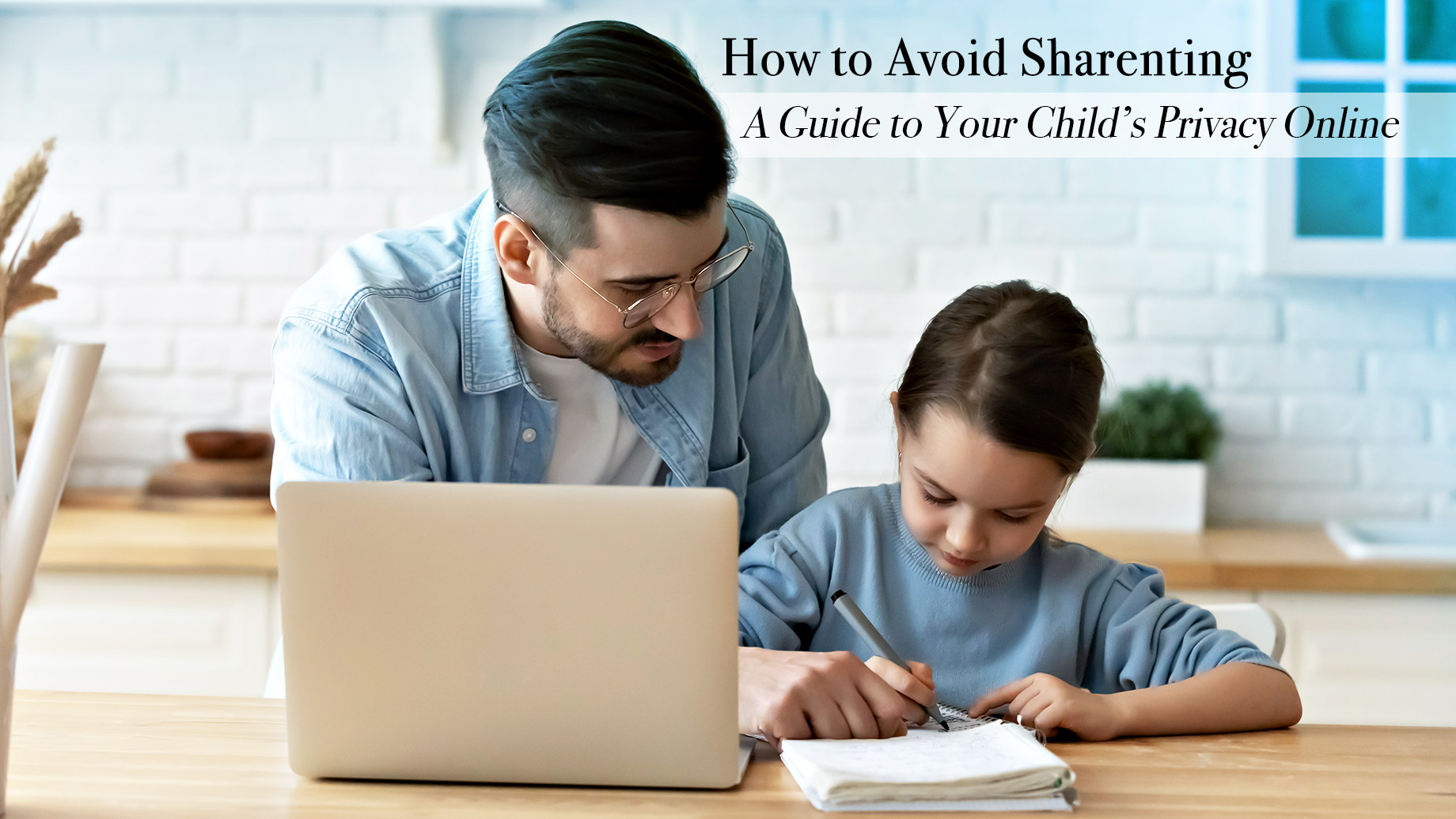
The digital world is constantly evolving. It’s always in a state of flux, and the various phenomena that you’re able to find while online are astounding. What’s more, is that these trends and phenomena change virtually every day. We’re all familiar with memes (mostly), but as a parent, you might have too much on your hands to really keep up with the latest memes. Sometimes, a meme hits and becomes popular but disappears within a month, leaving space for netizens to clamour around a new meme that makes the rounds for a longer or shorter amount of time.
Now, memes are just an example of a trend that might show up online, but this leads us to the topic of this article. Most avid users of the internet have been using social media for long enough that we’re now at a point in our lives where we’ve got children. This has been happening for a while now, yes, but a new term has emerged online that deals with a specific issue regarding parents and the way that they may feature their children on social media. For most of us, our kids are our pride and joy, the apple of our eye. What happens when we post photos of our kids online, often to the point that many of our Facebook and Instagram feeds are made up mainly of the shenanigans of our kids and all the milestones that they’re hitting every week or so? Let’s take a look at this and the best ways of protecting children online.
What is Sharenting?
What we’ve mentioned above is called sharenting. In other words, you’re using your kids as content for your social media pages, blogs, YouTube videos, and so on. You’re probably a sharent yourself – a mom or dad who tweets or posts pictures and videos of your kids online. If you’re not one, you’ve probably got a few sharents in mind already, whose kids you probably don’t think are cute enough to warrant endless photos flooding your social media feed.
Sharents are often those who were early in the social media game – the parents who were young, trendy (and probably childless) when platforms like Facebook hit the scene. But they grew into fully functioning adults who procreated, leading to the point that now their social media feeds are made up mainly of images of their kids, who are only really exciting for themselves and both sets of grandparents, who gush over them in the comments section by commenting with sparkling stickers.
Sharenting – The Risks
Since we’re now aware of what sharenting is, let’s take a look at the dangers of sharenting and how using your kids for content can put them at risk.
One of the most significant risks of this phenomenon is the increasing case of identity fraud, and, n this case, child identity theft. Sharenting is a major contributor in online fraud cases, as parents tend to give away more information than they realize when sharing pictures and updates of what their kids are doing every day.
Another major case that we’ve seen in the case of children’s images and videos being used for inappropriate purposes. With the rise in child pornography and child trafficking cases on a global scale, this is a horrific result of sharenting. Pedophiles and other child trafficking rings get half of their photos from social media, which should prompt any parent to rethink their sharenting immediately.
Another consequence of sharenting is that you’re creating a digital presence for your child (or children) often from a very early age. Hackers and other fraudulent organizations thrive on finding data-rich digital footprints. This kind of personal data about you and your children is highly valuable in the digital realm today, especially since personally identifiable information can be sold for high prices on the dark web, leading to identity theft.
Last, your children are growing up. Those early adopters of social media now likely have kids who are fully conscious beings in their teens who care about their own privacy online, or wouldn’t like their images being shared without their knowledge for all their parents’ online friends and followers to see. Now, even though it’s difficult since they’re your kids, you’ve got to respect that. Many kids out there, including the offspring of celebrities like Gwyneth Paltrow, are responding to sharenting and are often not happy when their parents post about them on social media.
Parents Need to Be More Aware Online
You’ve got to think before you post anything online these days. In this case, think about the well-being of your kids, especially since real-time documentation is so easily achieved online. How does what you post affect your children’s reputation in the long term? Do your posts let others know your child’s location? And, ultimately, do your posts put your child at risk?
Never Post Your Child’s Full Name and Birthdate
Identity theft happens to adults, but it happens to children, too. Children are often at higher risk of being victims of identity fraud, especially because so many parents post this kind of information regarding their kids.
Check Your Privacy Settings on Social Media
Social media is a haven for identity thieves who mine platforms for images and information that they can piece together in their fraudulent activities. Ensure that your social media privacy settings are set to the highest. If your profiles are public, anyone can access your information and images without you even realizing it.
Turn Off Geotags
Geotags give away information about where a particular image was taken or where an event occurred. For your kids, documenting their lives online with geotags gives nefarious actors an easy way to find out where you and your kids frequent, putting them at risk. Turn off your geotags to ensure that such precious information is not given away so easily.